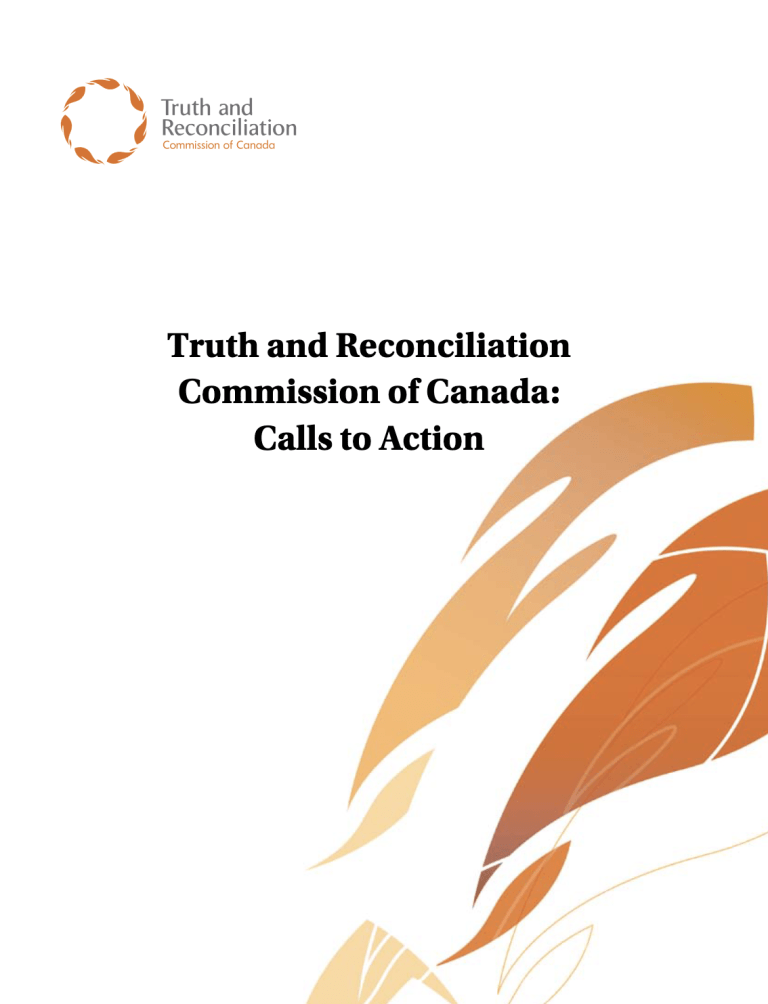30 search results
for
First Nations governments
Legacy
Child welfare
Recommendation 1: We call upon the federal, provincial, territorial, and Aboriginal governments to commit to reducing the number of Aboriginal children in care by:- Monitoring and assessing neglect investigations.
- Providing adequate resources to enable Aboriginal communities and child-welfare organizations to keep Aboriginal families together where it is safe to do so, and to keep children in culturally appropriate environments, regardless of where they reside.
- Ensuring that social workers and others who conduct child-welfare investigations are properly educated and trained about the history and impacts of residential schools.
- Ensuring that social workers and others who conduct child-welfare investigations are properly educated and trained about the potential for Aboriginal communities and families to provide more appropriate solutions to family healing. v. Requiring that all child-welfare decision makers consider the impact of the residential school experience on children and their caregivers.
-
Category and theme:
Audience:
Groups affected:
Location of recommendation:
Legacy
Child welfare
Recommendation 3: We call upon all levels of government to fully implement Jordan’s Principle.-
Category and theme:
Audience:
Groups affected:
Location of recommendation:
Legacy
Child welfare
Recommendation 4: We call upon the federal government to enact Aboriginal child-welfare legislation that establishes national standards for Aboriginal child apprehension and custody cases and includes principles that:- Affirm the right of Aboriginal governments to establish and maintain their own child-welfare agencies.
- Require all child-welfare agencies and courts to take the residential school legacy into account in their decision making.
- Establish, as an important priority, a requirement that placements of Aboriginal children into temporary and permanent care be culturally appropriate.
-
Category and theme:
Audience:
Groups affected:
Location of recommendation:
Legacy
Child welfare
Recommendation 5: We call upon the federal, provincial, territorial, and Aboriginal governments to develop culturally appropriate parenting programs for Aboriginal families.-
Category and theme:
Audience:
Groups affected:
Location of recommendation:
Legacy
Education
Recommendation 10: We call on the federal government to draft new Aboriginal education legislation with the full participation and informed consent of Aboriginal peoples. The new legislation would include a commitment to sufficient funding and would incorporate the following principles:- Providing sufficient funding to close identified educational achievement gaps within one generation.
- Improving education attainment levels and success rates.
- Developing culturally appropriate curricula.
- Protecting the right to Aboriginal languages, including the teaching of Aboriginal languages as credit courses.
- Enabling parental and community responsibility, control, and accountability, similar to what parents enjoy in public school systems.
- Enabling parents to fully participate in the education of their children.
- Respecting and honouring Treaty relationships.
-
Category and theme:
Audience:
Groups affected:
Location of recommendation:
Legacy
Education
Recommendation 12: We call upon the federal, provincial, territorial, and Aboriginal governments to develop culturally appropriate early childhood education programs for Aboriginal families.-
Category and theme:
Audience:
Groups affected:
Location of recommendation:
Legacy
Language and culture
Recommendation 15: We call upon the federal government to appoint, in consultation with Aboriginal groups, an Aboriginal Languages Commissioner. The commissioner should help promote Aboriginal languages and report on the adequacy of federal funding of Aboriginal-languages initiatives.-
Category and theme:
Audience:
Groups affected:
Location of recommendation:
Legacy
Health
Recommendation 18: We call upon the federal, provincial, territorial, and Aboriginal governments to acknowledge that the current state of Aboriginal health in Canada is a direct result of previous Canadian government policies, including residential schools, and to recognize and implement the health-care rights of Aboriginal people as identified in international law, constitutional law, and under the Treaties.-
Category and theme:
Audience:
Groups affected:
Location of recommendation:
Legacy
Health
Recommendation 19: We call upon the federal government, in consultation with Aboriginal peoples, to establish measurable goals to identify and close the gaps in health outcomes between Aboriginal and non-Aboriginal communities, and to publish annual progress reports and assess longterm trends. Such efforts would focus on indicators such as: infant mortality, maternal health, suicide, mental health, addictions, life expectancy, birth rates, infant and child health issues, chronic diseases, illness and injury incidence, and the availability of appropriate health services.-
Category and theme:
Audience:
Groups affected:
Location of recommendation:
Legacy
Justice
Recommendation 36: We call upon the federal, provincial, and territorial governments to work with Aboriginal communities to provide culturally relevant services to inmates on issues such as substance abuse, family and domestic violence, and overcoming the experience of having been sexually abused.-
Category and theme:
Audience:
Groups affected:
Location of recommendation:
